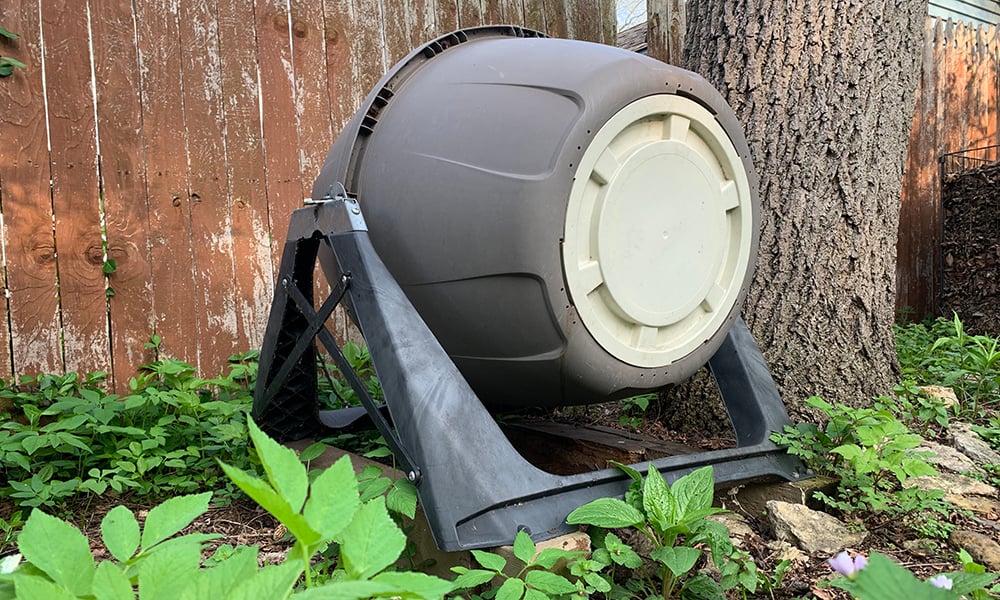
Composting at home is one of the easiest ways you can make a positive impact on the environment and your garden.
Allowing grass clippings, fallen leaves, fruit peels and vegetable scraps to naturally decompose saves landfill space, reduces energy use, and builds healthy soil. Plus, you save money when you don’t have to pay for lawn bags, and you get free organic fertilizer in the end.
Whether you’re just getting started or you’ve been churning out compost for years, keep these tips in mind to ensure a successful pile.
Decide On Your Setup
If you’ll be primarily composting yard waste, a large pile or open bin will work great. If you have a lot of kitchen scraps and food waste to dispose of, an enclosed compost tumbler could be a better option.
These containers are elevated and sealed, which prevents local wildlife from seeking an easy meal. If you are limited on space, you can consider vermicomposting with red wiggler worms. These specialized composting worms thrive in smaller containers, make quick work of food scraps, and can be moved indoors during winter to keep composting all year round.
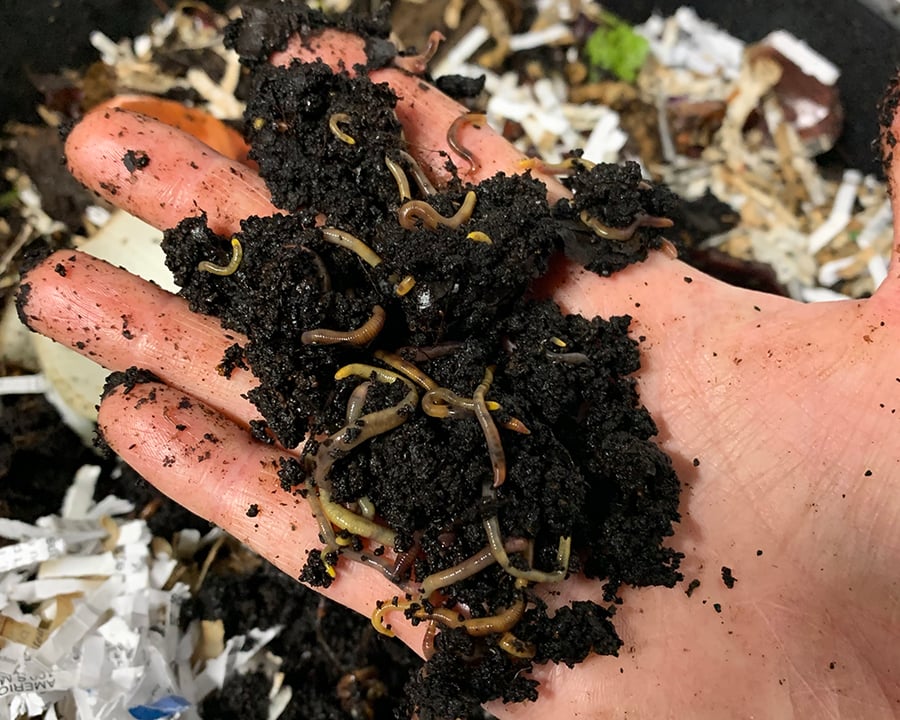
Red wiggler worms can speed up the composting process in small containers.
Size Matters
An outdoor compost pile should be at least one cubic yard to ensure quick decomposition. Bulky piles breakdown faster because they retain heat and moisture better than smaller piles.
The size of the materials being composted is also important. Shredding or chopping large items into smaller pieces will help them decompose much quicker than leaving them whole.
Watch the Water
The amount of moisture in your compost pile determines how fast things break down. Water softens up the materials you add and lets the microbes and invertebrates that do the decomposing thrive. Ideally, a compost pile should have just enough moisture to feel like a damp sponge.
If the pile is too dry, it will take a long time to produce finished compost. If there is too much water, the pile will have low oxygen levels, which encourages growth of anaerobic bacteria that produce foul smells.
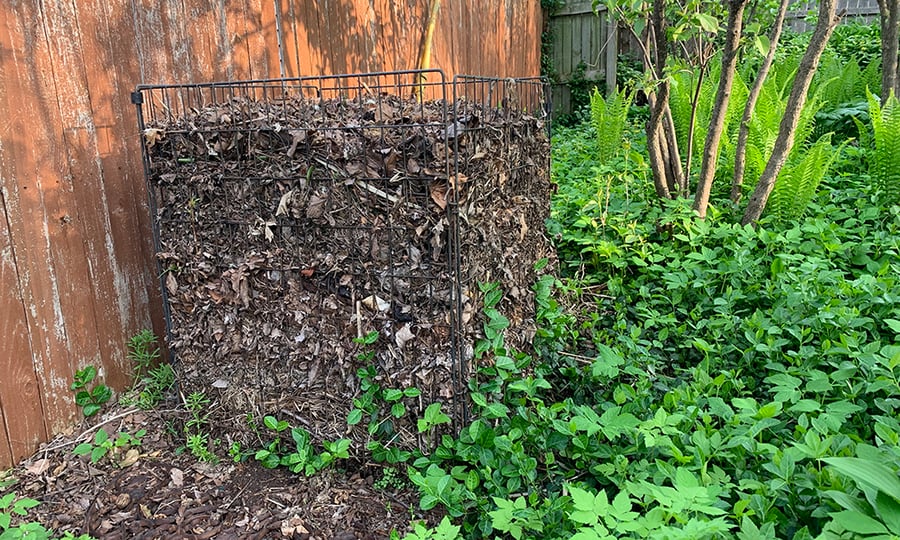
Compost piles should be at least a square yard to help retain heat and moisture.
Get Some Fresh Air
The organisms in your compost pile require oxygen to decompose organic matter efficiently and with no bad smells. Aerate your compost at least once a week by turning or stirring with a pitchfork or manure fork.
This is also a great time to monitor the moisture levels. If things seem dry, spray down with water while turning. If the middle of the pile is really wet and becoming slimy, add some dry materials like brown leaves, straw, or shredded cardboard.
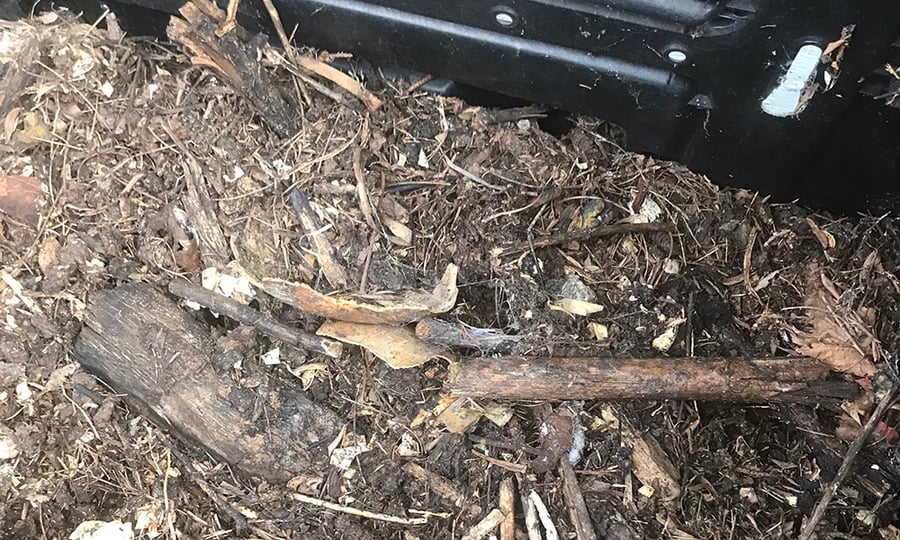
Compost piles should be aerated weekly.
Avoid Problem Items
While almost anything will decompose given enough time, there are certain things that should never go in a home compost system. Meats, dairy products, fats, and oils break down slowly, produce bad smells, and attract flies and pests.
Also, never add solid pet or human waste to your pile. Home compost systems don’t get hot enough for a long enough time to reliably kill pathogens. Keep your compost pile happy by only adding plant-based materials, such as yard clippings, leaves, fruit peels and cores, vegetable scraps, and coffee grounds.
Get Ready to Rot
Ultimately, the best tip is to not overthink things and just get started! Remember, nature composts all the time with no human intervention. With the advice above, and a little bit of patience, you’ll be well on your way to becoming a composting success.
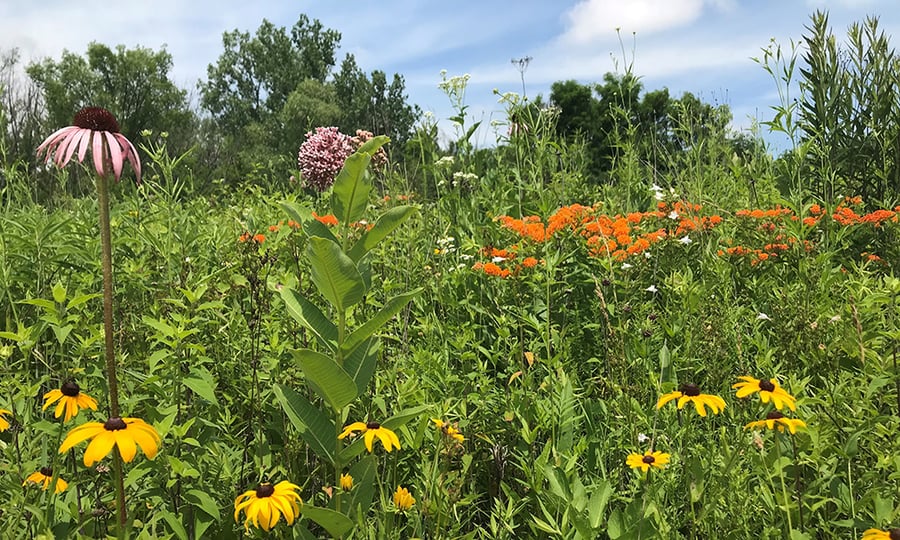
Derek Gronlund
